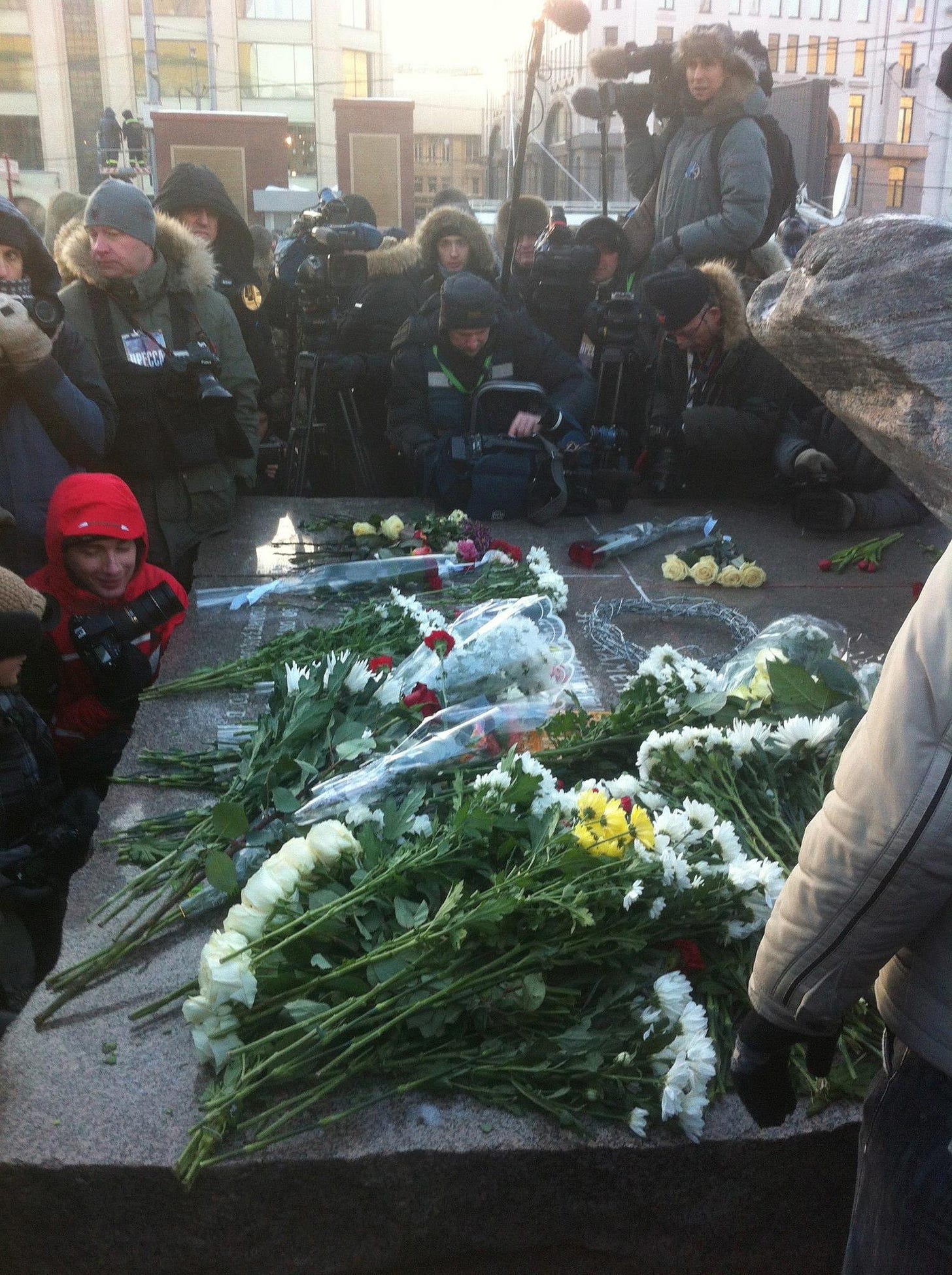Russia is Unrecognizable One Year After Putin's Invasion of Ukraine
Many Russians would rather forget about the war and go back to a simpler time. Unfortunately, the country has undergone a moral collapse.

In the 1978 essay "Power of the Powerless," Czech dissident…


